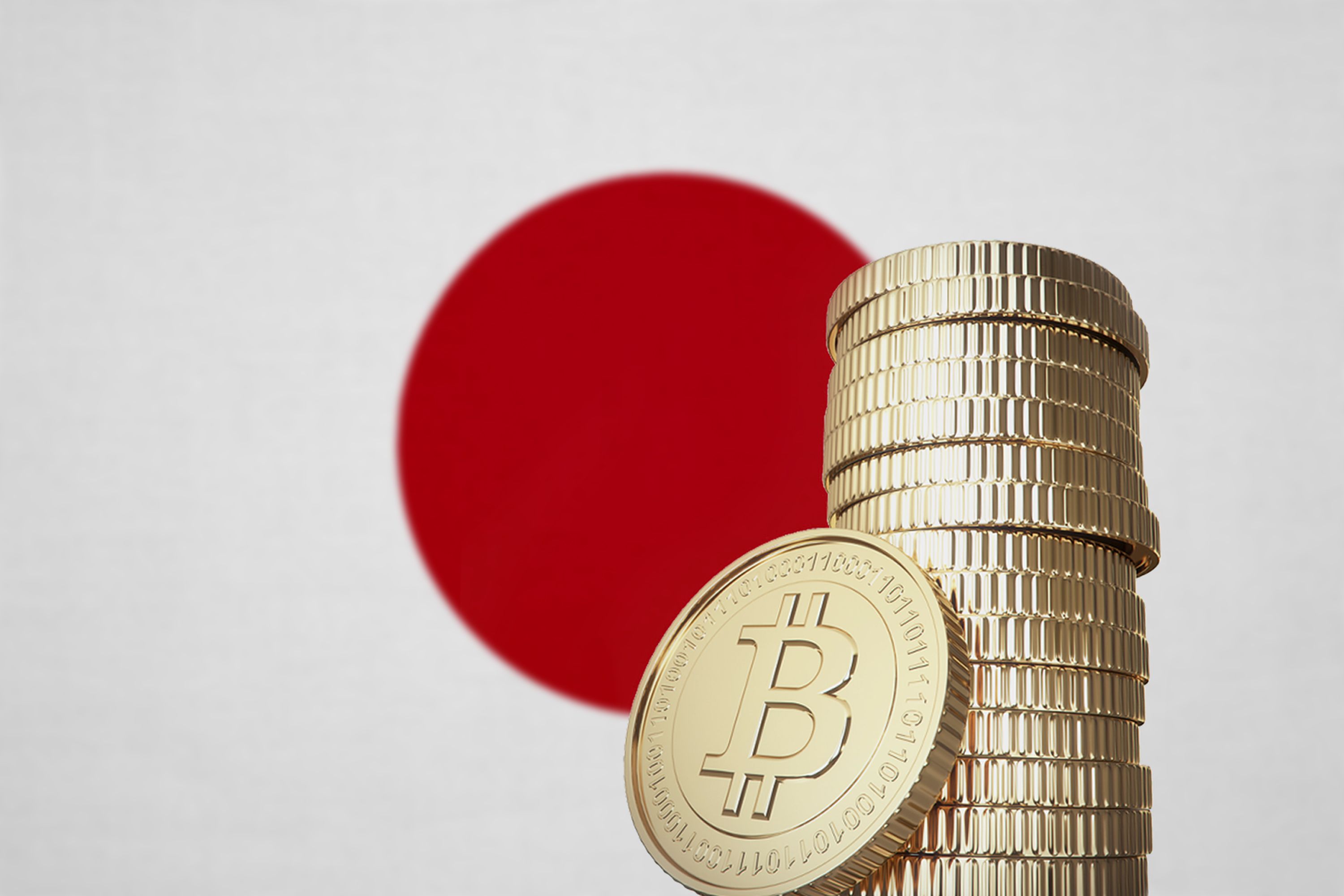Japan's Payment Services Act Amendments: Navigating Changes in Crypto Transactions
In recent years, Japan has emerged as a global leader in cryptocurrency regulation, providing a framework that balances innovation with consumer protection. The recent amendments to Japan's Payment Services Act (PSA) reflect this commitment, introducing changes aimed at enhancing the security and transparency of crypto transactions. These amendments are crucial for businesses and investors navigating the evolving landscape of digital currency.

Understanding the Payment Services Act Amendments
The latest amendments to the Payment Services Act, effective since April 2021, focus primarily on the regulation of cryptocurrency exchanges and custodial services. The Japanese Financial Services Agency (FSA) has tightened its oversight, implementing stricter compliance measures that ensure both consumer protection and market integrity. This move is part of a broader effort to align Japan's regulatory framework with international standards.
Key Changes and Their Implications
The amendments bring several key changes to the table. One significant change is the redefinition of cryptocurrencies as "crypto-assets," reflecting a more precise legal terminology. This reclassification has implications for the taxation and legal treatment of digital currencies, influencing how they are reported and managed by companies.
Another major adjustment is the enhanced scrutiny of crypto exchanges. These platforms are now required to implement more robust internal controls and security measures to protect user funds. Additionally, exchanges must segregate client assets from their own, reducing the risk of mismanagement and fraud.
Impact on Crypto Transactions
The implications of these amendments are far-reaching for both individual investors and businesses. Enhanced security measures mean that users can engage in crypto transactions with greater confidence, knowing that their assets are safeguarded by stringent regulatory protections. For businesses, compliance with these new standards is essential to maintain credibility and trust within the crypto ecosystem.

Navigating Compliance Challenges
For cryptocurrency exchanges and service providers, adapting to these regulatory changes presents several challenges. Ensuring compliance requires significant investment in technology and personnel to meet the FSA's requirements. Businesses must also stay informed about ongoing regulatory developments, as Japan continues to refine its approach to digital asset oversight.
Additionally, companies should consider engaging with legal experts and compliance consultants who specialize in cryptocurrency regulation. These professionals can provide valuable insights and guidance to help businesses navigate the complexities of the amended PSA effectively.
The Future of Crypto Regulations in Japan
Japan's proactive stance on crypto regulation sets a precedent for other nations seeking to balance innovation with consumer protection. As digital currencies become more mainstream, it is likely that regulatory frameworks worldwide will evolve similarly to address emerging challenges and opportunities in the crypto space.
Investors and businesses operating in Japan's crypto market should remain vigilant and adaptable as new regulations are introduced. By staying informed and compliant, they can continue to leverage the benefits of digital currencies while minimizing risks associated with non-compliance.
In conclusion, Japan's Payment Services Act amendments represent a significant step forward in the regulation of cryptocurrency transactions. By understanding and adhering to these changes, investors and businesses can navigate the evolving landscape of digital assets with confidence and security.
